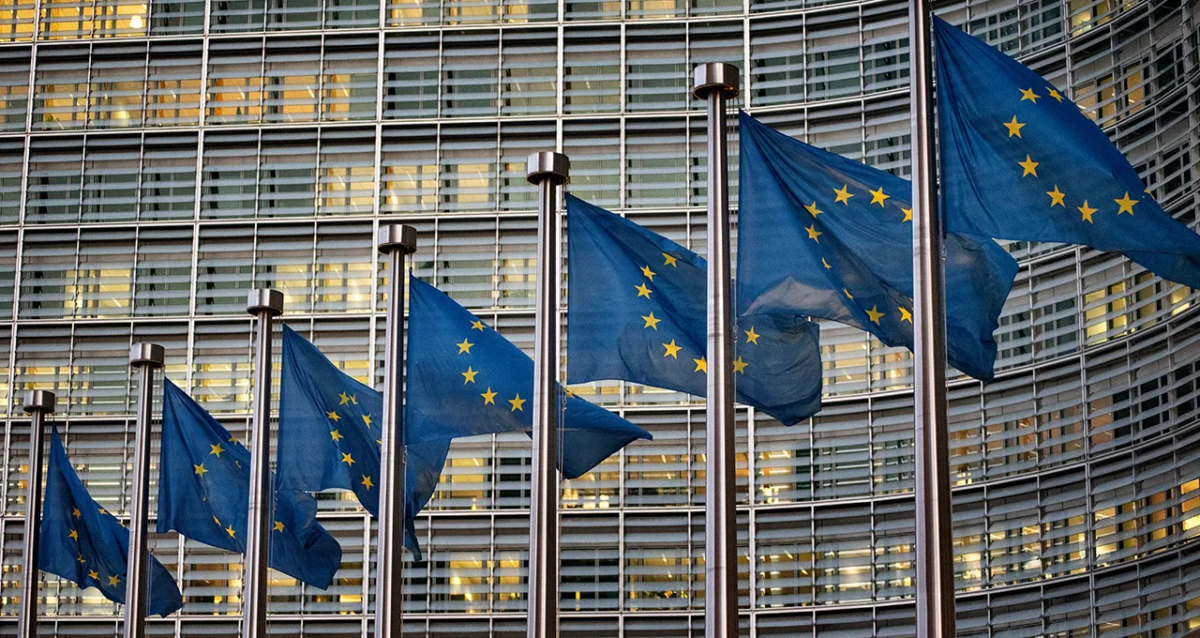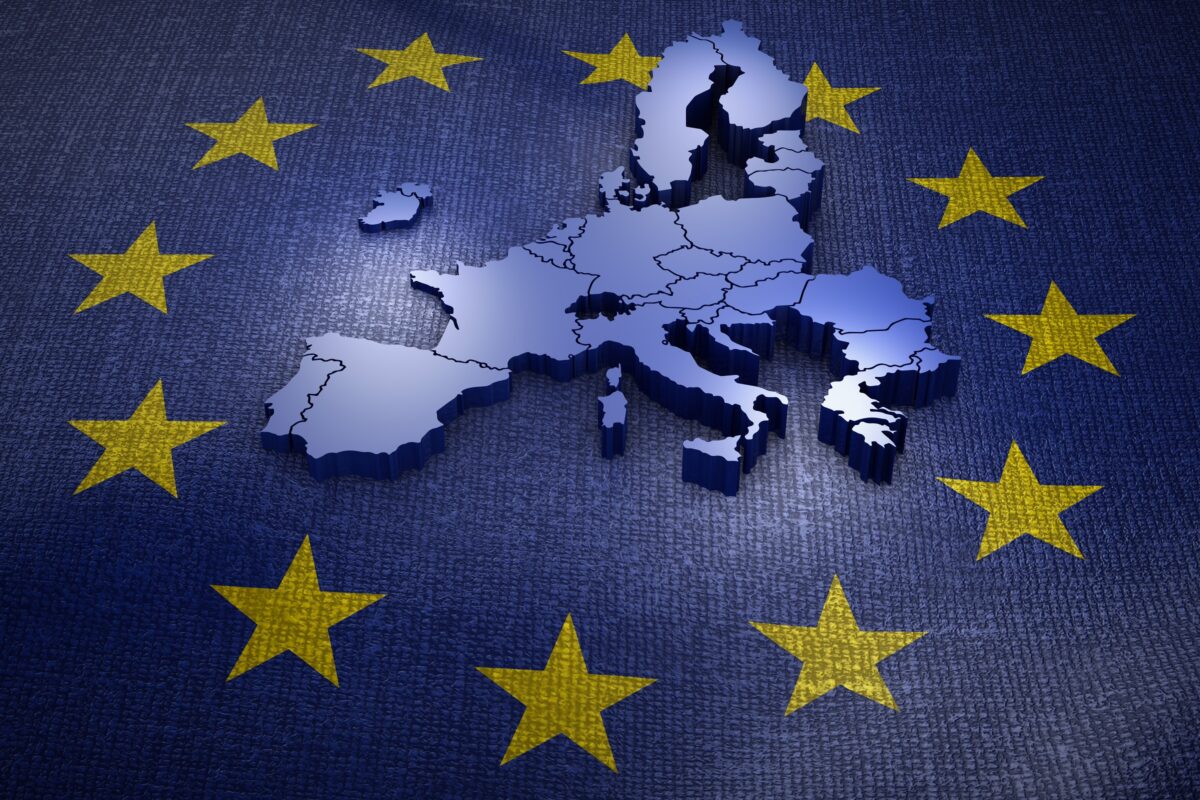The European Union (EU) stands as a remarkable testament to the power of unity amidst diversity, weaving together the tapestry of European nations into a vibrant and interconnected community. Spanning 27 member states, each with its own unique history, culture, and traditions, the EU embodies the complexity and resilience of European civilization. From the bustling streets of Berlin to the tranquil villages of Tuscany, the Union’ s influence reverberates across the continent, shaping the lives of over 440 million citizens.
Born from the ashes of World War II, the European Union emerged as a beacon of hope, offering a path towards peace, prosperity, and progress. Through visionary leadership and a commitment to cooperation, European nations set aside centuries of conflict to build a future founded on shared values and common goals. Today, the Union stands as a testament to the transformative power of collaboration, demonstrating that by working together, nations can achieve far more than they ever could alone.

Table of Contents
Unity in Diversity: The Foundation of the European Union
At its core, the EU is founded on the principles of cooperation, integration, and solidarity. Emerging from the ashes of World War II, the EU was conceived as a bold vision for peace and prosperity in Europe. The devastating conflicts that ravaged the continent served as a catalyst for change, prompting European leaders to seek a new path forward based on cooperation rather than confrontation. Through a series of treaties and agreements, the member states have committed to working together on a wide range of issues, including trade, security, environmental protection, and human rights.
The Single Market: Driving Economic Growth and Prosperity
One of the Union’s greatest achievements is the establishment of the single market, which allows for the free movement of goods, services, capital, and people across borders. This unparalleled level of integration has spurred economic growth, fostered innovation, and enhanced competitiveness on the global stage. By removing barriers to trade and investment, the single market has created new opportunities for businesses and consumers alike. Whether it’s a Greek olive farmer exporting goods to France or a Swedish entrepreneur starting a business in Spain, the benefits of the single market are felt by all European citizens.

Strengthening Democracy and Human Rights
Beyond its economic prowess, the EU is also a champion of democracy and human rights. Through institutions such as the European Parliament, the European Commission, and the European Court of Justice, the Union ensures that decisions are made transparently, accountably, and in the best interests of its citizens. The European Parliament, directly elected by EU citizens, serves as the legislative body of the Union, representing the diverse interests and viewpoints of its member states.
Meanwhile, the European Commission acts as the executive branch, proposing legislation, implementing policies, and representing Europe on the world stage. The European Court of Justice, with its power to interpret the European law and ensure its uniform application, serves as the guardian of the Union’s legal order, safeguarding the rights and freedoms of European citizens. From safeguarding fundamental freedoms to promoting social justice and equality, the EU remains steadfast in its commitment to upholding the values that define European civilization.
Challenges and Resilience: Navigating Adversity
Despite its successes, the Union faces numerous challenges. Brexit, the rise of populism, migration pressures, and geopolitical tensions all pose significant hurdles to the union’s cohesion and stability. The decision of the United Kingdom to leave the EU, known as Brexit, was a historic moment that tested the resilience of the Union. While Brexit represents a setback for European integration, it also served as a wake-up call for European leaders, prompting them to reflect on the shortcomings of the Union and explore new ways to address the concerns of citizens. Similarly, the rise of populism and nationalism in some member states has fueled divisions within the Union, challenging the principles of solidarity and cooperation that underpin EU integration.

Meanwhile, migration pressures from conflict-affected regions and economic disparities within the Union have strained the resources and capacities of member states, highlighting the need for greater solidarity and burden-sharing. Despite these challenges, however, the Union has demonstrated its resilience in the face of adversity. Through dialogue, compromise, and cooperation, EU member states have overcome differences and emerged stronger and more united than before.
Looking to the Future: A Vision for Tomorrow
As the EU charts a course for the future, it remains committed to tackling pressing global challenges. Whether it’s combating climate change, addressing global pandemics, or promoting peace and security in troubled regions, the Union is at the forefront of efforts to build a better world for all.
With each passing day, the bonds of solidarity that bind EU member states grow stronger, paving the way for a more prosperous, peaceful, and inclusive Europe for generations to come. By harnessing the collective strength and diversity of its member states, theUnion seeks to promote a vision of Europe that is united in its diversity, resilient in the face of adversity, and committed to the values of democracy, human rights, and the rule of law.

In conclusion, the European Union remains an unparalleled force for good in the world, guided by the principles of unity, solidarity, and cooperation. As the challenges of the 21st century grow ever more complex and daunting, the EU stands ready to confront them head-on, armed with the collective strength and resilience of its member states. Whether it’s addressing climate change, promoting human rights, or fostering economic growth, the EU remains steadfast in its commitment to building a better world for all.
As we look to the future, the vision of a united and prosperous Europe remains as compelling as ever. Despite the uncertainties and challenges that lie ahead, the EU’s unwavering resolve and determination will continue to light the way forward, inspiring generations to come. By upholding the values of peace, democracy, and solidarity, the EU will continue to be a beacon of hope and progress in an ever-changing world, forging a brighter and more inclusive future for Europe and beyond.



